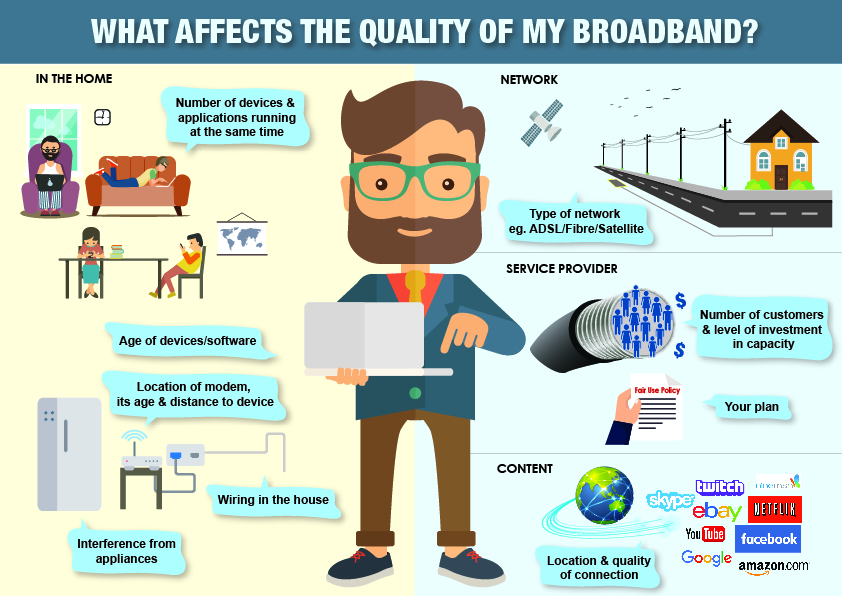- Details

Download: ![]() How to avoid 1800 number call charges on mobiles53 KB
How to avoid 1800 number call charges on mobiles53 KB
Download: ![]() How to avoid 1800 number call charges on mobiles336.76 KB
How to avoid 1800 number call charges on mobiles336.76 KB
Most Australian mobile providers (but not all) now offer free calls to 1800 numbers. Below is a list of providers that offer these calls for free.
Read more: How to avoid 1800 number call charges on mobiles
Write comment (0 Comments)- Details

Download: ![]() How to avoid directory assistance call charges64.5 KB
How to avoid directory assistance call charges64.5 KB
Download: ![]() How to avoid directory assistance call charges443.87 KB
How to avoid directory assistance call charges443.87 KB
Did you know that calls to Directory Assistance 1223 and other directory phone numbers may not be free of charge from your mobile or landline phone? Sometimes these calls are charged outside of your included plan value, so you may receive extra charges on your bill from calling these numbers.
Whenever possible, you should avoid calling directory assistance numbers and instead use one of the alternatives listed below.
Read more: How to avoid directory assistance call charges
Write comment (0 Comments)- Details
Download: ![]() Which broadband product is right for my business.docx61.82 KB
Which broadband product is right for my business.docx61.82 KB
Download: ![]() Which broadband product is right for my business.pdf336.92 KB
Which broadband product is right for my business.pdf336.92 KB
There are a range of different options available to small businesses when it comes to broadband. This tip sheet outlines the questions a small business owner should ask when choosing a broadband product.
When trying to decide which broadband product is right for your business, consider:
- Which types of broadband services are available? For information on the services that may be available to you, access our brochure: Understanding your options for broadband connection.
- What type of service would best suit the needs of the business in terms of speed, mobility and monthly data allowance? Refer to your broadband bills from the last 6-12 months to calculate your typical usage.
- Do you need both phone and broadband services? If so, consider the option of bundling (getting all the services from the same provider). You might also want to include mobile services in this bundle. This could save you money but make sure that all the services meet your needs otherwise you could end up spending more than you need to.
- Do you need to upload a lot of data? For example if you are operating a video streaming service or other content rich business.
Read more: Which broadband product is right for my business?
Write comment (0 Comments)
- Details
 How do you pay your phone and internet bills? Direct debit from a bank account or credit card? Over the phone or online? How about by BPAY or in person at your provider's store or Australia Post?
How do you pay your phone and internet bills? Direct debit from a bank account or credit card? Over the phone or online? How about by BPAY or in person at your provider's store or Australia Post?
The amount of billing methods available is overwhelming. Each provider has a different range of options, but there are some common ones like those mentioned above.
When choosing how to pay your bill, you should be aware that some methods attract fees. While these are only usually a few dollars or a small percentage of the total amount, over the life of a contract they can add up to a significant amount that you could be saving.
Read more: How do you pay your bill?
Write comment (0 Comments)- Details

The quarterly ACCAN members magazine casts a spotlight on our most recent work, discusses current trends and contains exclusive interviews with a broad range of players in the telecommunications sector. If you'd like to start receiving your own hard copy of the ACCAN magazine, simply sign up to become an ACCAN member today.
- Details
ACCAN's policy position on a customer service and reliability standard
Access to reliable communication services is vital for Australian consumers and is essential for social and economic participation.
The 2015 Regional Telecommunications Independent Review Committee (RTIRC) found that existing safeguards (e.g. Customer Service Guarantee (CSG)) focused on delivery of the Standard Telephone Service (STS) were of "rapidly declining relevance."
This is due to the shifting consumer preference toward mobile and internet based communication. The Committee recommended the Australian Government, in consultation with industry and consumer groups, develop a new safeguard in the form of a Consumer Communications Standard.
This policy position addresses consumer concerns about existing customer service and reliability measures, and proposes a new model for the future. It is a step towards a new Consumer Communications Standard.
- Details
Download: ![]() What affects the quality of my broadband brochure40.75 KB
What affects the quality of my broadband brochure40.75 KB
Download: ![]() What affects the quality of my broadband brochure404.28 KB
What affects the quality of my broadband brochure404.28 KB
Hello...hello...can you hear me..?
Is poor internet preventing you from talking with family and friends, watching your favourite shows or uploading photos of your recent adventures to share with everybody?
- Details
 We know that electronic devices, such as microwaves, baby monitors and lamps, can interfere with Wi-Fi, but did you know that your Christmas lights could be causing interference as well?
We know that electronic devices, such as microwaves, baby monitors and lamps, can interfere with Wi-Fi, but did you know that your Christmas lights could be causing interference as well?
With families having extra downtime over the holidays or if you have family visiting you'll need a reliable internet connection to ensure everyone can get connected.
Our friends at the UK telecoms regulator, Ofcom, have published some troubleshooting tips that may be helpful if you're experiencing interference from electronics or your Christmas lights over the festive season.
If these tips don't help solve your Wi-Fi issues we recommend that you contact your provider to discuss the problem with them and get a resolution.
Read more: Are Christmas lights affecting your Wi-Fi?
Write comment (0 Comments)- Details
 No doubt many of us are looking forward to getting a new smartphone for Christmas. But before you rush out to purchase the latest device for a loved one or yourself, there are a few things you should consider.
No doubt many of us are looking forward to getting a new smartphone for Christmas. But before you rush out to purchase the latest device for a loved one or yourself, there are a few things you should consider.
While price is likely to be a key decider, there are other factors to look at. Here are our top tips to keep in mind before purchasing a new smartphone or signing up to a new phone contract during the festive season.
Mobile coverage
The P3 CommsDay Mobile Benchmark 2015 tested the three Australian mobile networks (Telstra, Optus and Vodafone), giving a snapshot of the mobile coverage in larger cities, smaller towns and on highways around Australia. The Benchmark is an independent test that measures the quality of phone calls, and 4G and 3G data downloads.
Read more: Our top tips for buying a smartphone this Christmas
Write comment (0 Comments)- Details
 Australian telcos have taken action to reduce bill shock from global roaming by introducing roaming packs. But before travelling, you should consider all your options for global roaming, especially if you are on a tight budget. Check out your options for global roaming below.
Australian telcos have taken action to reduce bill shock from global roaming by introducing roaming packs. But before travelling, you should consider all your options for global roaming, especially if you are on a tight budget. Check out your options for global roaming below.
Do you need to use your phone number while overseas?
Telstra, Optus and Vodafone offer their customers global roaming packs that include calls, text and data, at an extra cost. Virgin Mobile offers roaming packs that only include data. Signing up to a roaming pack can be a good option if you need to be contactable overseas on your Australian mobile number.
Read more: Tis the season to be travelling – staying connected overseas
Write comment (0 Comments)- Details
 Digital inclusion ensures that no one is left behind as we move towards an increasingly digital future. For Social Inclusion Week 2015, we thought we'd outline why digital inclusion is vital for all Australians.
Digital inclusion ensures that no one is left behind as we move towards an increasingly digital future. For Social Inclusion Week 2015, we thought we'd outline why digital inclusion is vital for all Australians.
While many of us have smartphones and access to the internet at home, there are some consumers who don't. Two issues often cited as barriers to digital inclusion are affordability and a lack of digital literacy.
Affordability divide
Research from the Australian Bureau of Statistics shows that in 2012–13, 98 per cent of households with a household income of $120,000 or more had internet access, compared to only 57 per cent of households with a household income of less than $40,000, suggesting an 'affordability divide' when it comes to broadband.
Read more: Why digital inclusion matters
Write comment (0 Comments)- Details
 More and more parents are purchasing phones for their teenage children. Research from the ACMA in 2013 showed that 67 per cent of 12 to 13 year olds had a mobile phone. Mobile phones make keeping in touch with teenagers easy, but having a mobile phone also means greater responsibility for teens.
More and more parents are purchasing phones for their teenage children. Research from the ACMA in 2013 showed that 67 per cent of 12 to 13 year olds had a mobile phone. Mobile phones make keeping in touch with teenagers easy, but having a mobile phone also means greater responsibility for teens.
In this article we look at what parents should know before purchasing a mobile phone for their child.
Teens and parents need to be aware of the costs of a smartphone. These can be expensive especially if they exceed their monthly limits. A pre-paid plan may be a good option for a teenager because there's no risk of bill shock.
Read more: Your child’s first mobile phone
Write comment (0 Comments)

